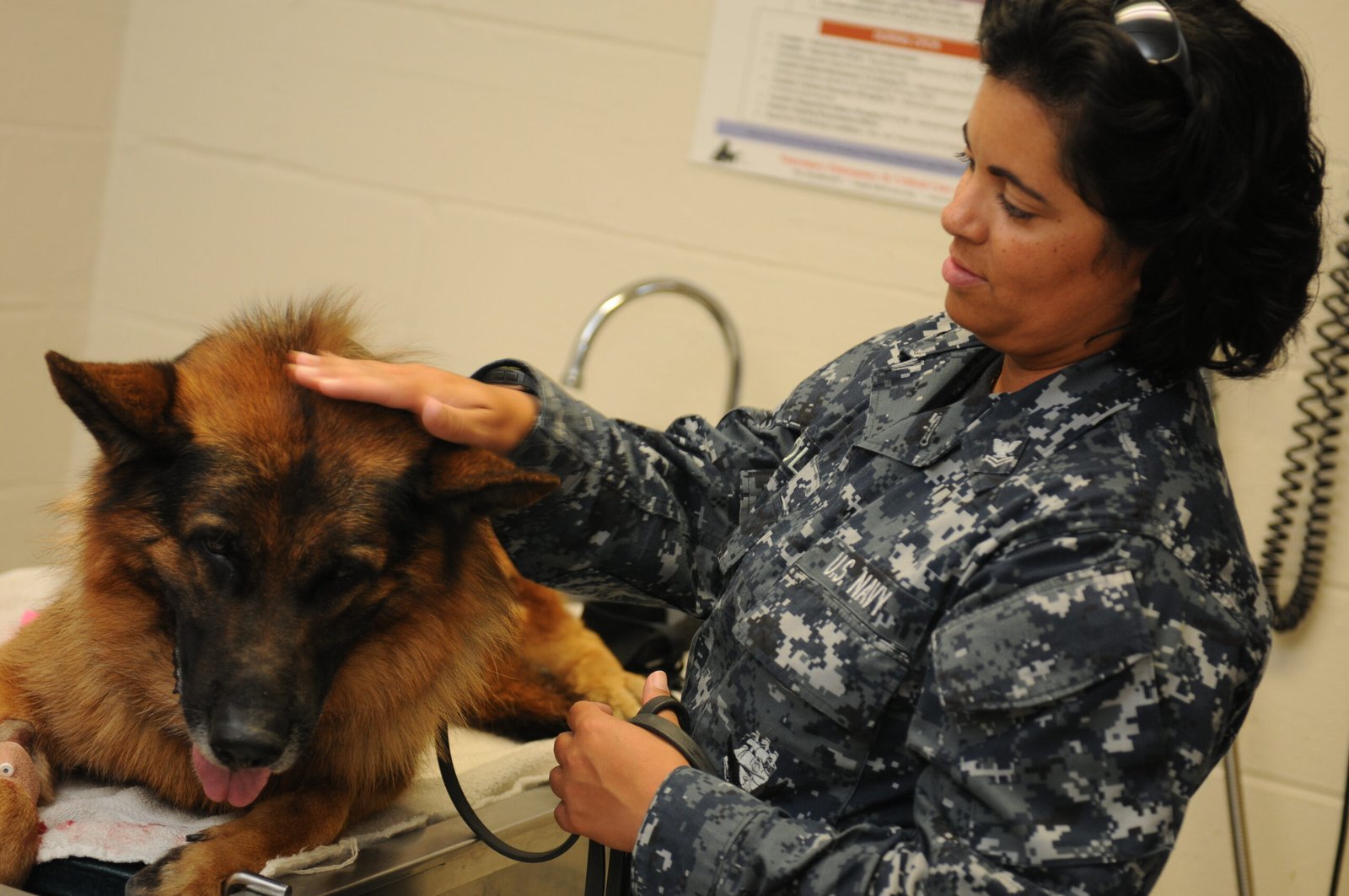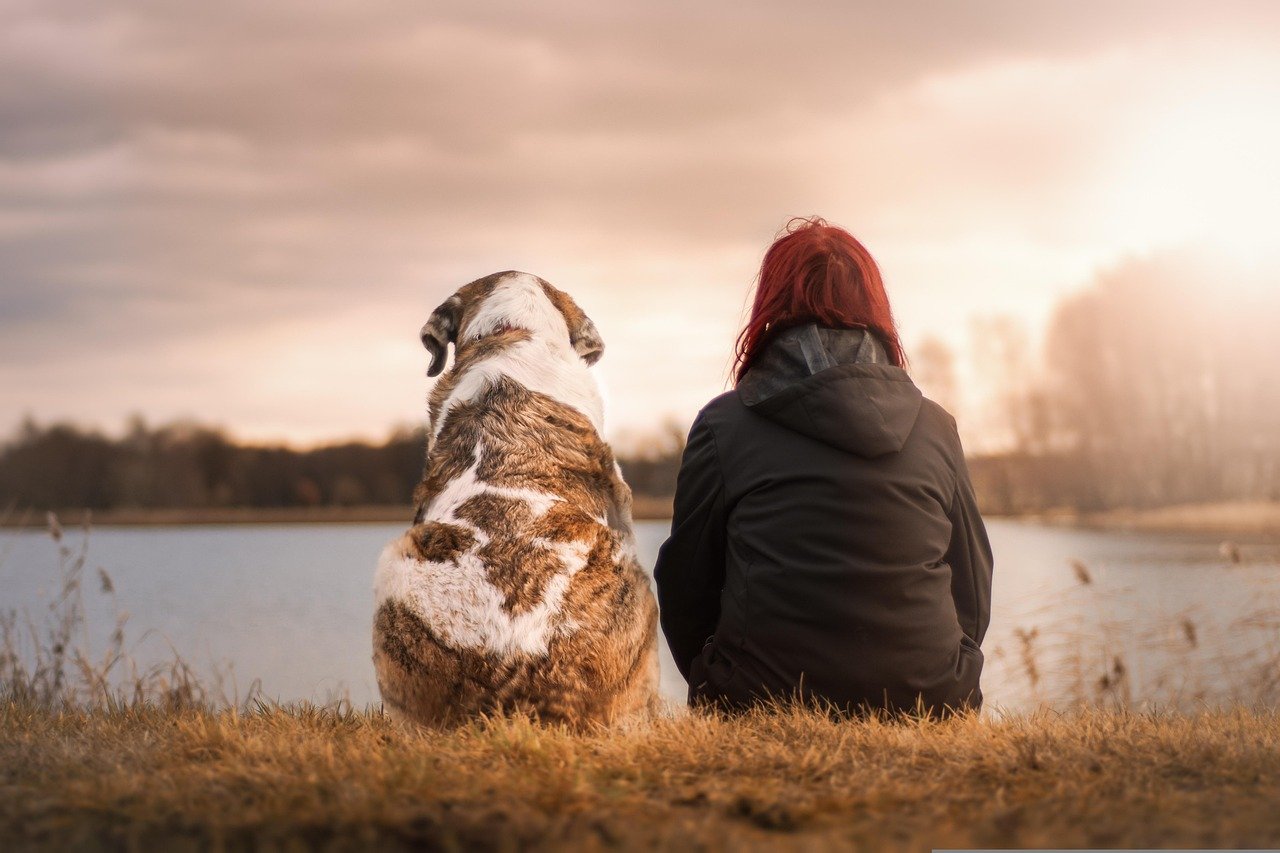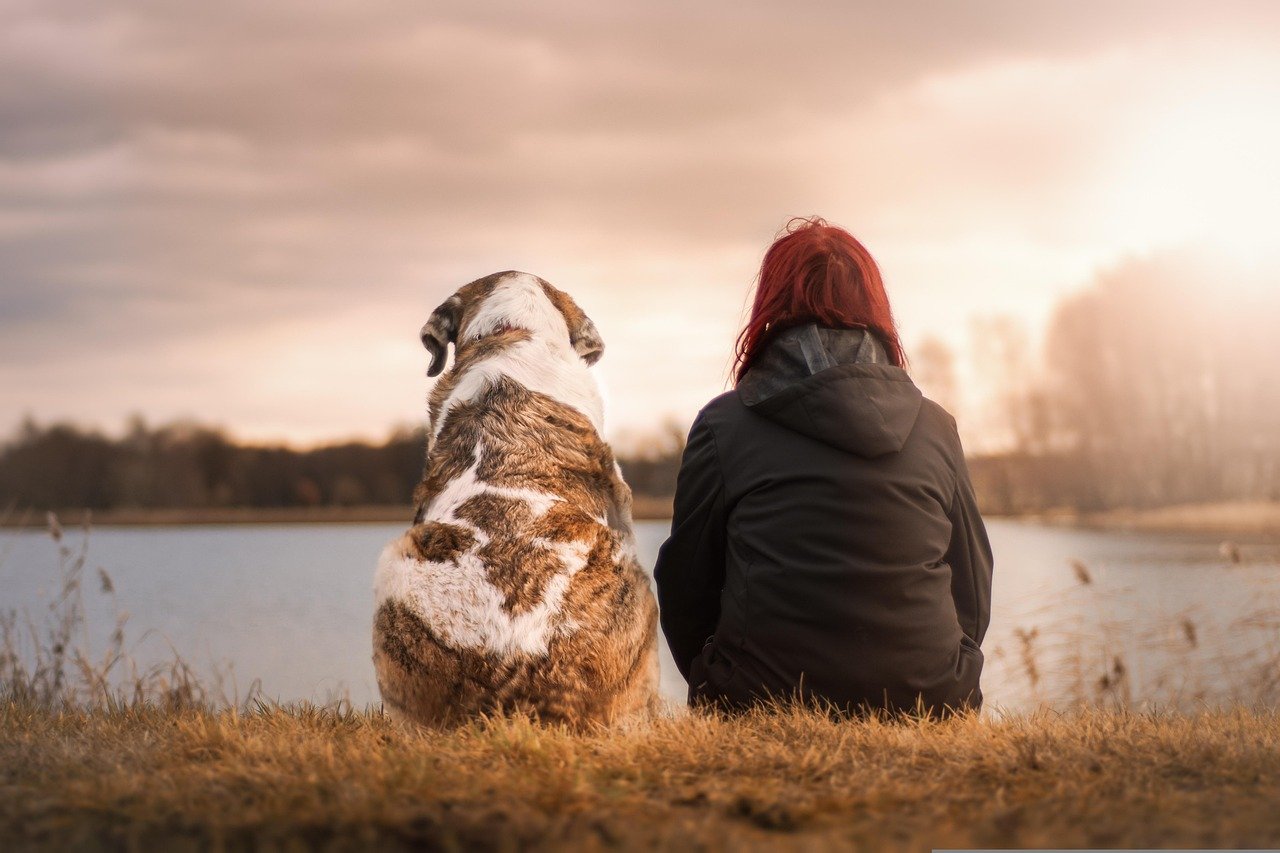Have you ever noticed a beloved dog, after years of loyal companionship, suddenly seeking solitude as their final days approach? It’s a heartbreaking sight, leaving many of us confused and aching for answers. We shower our pups with love, so why do some drift away when the end draws near? This gentle mystery has touched countless dog lovers, sparking both sorrow and curiosity. Let’s take a heartfelt look at why dogs might try to leave your side at this difficult moment—and what you can do to comfort them along the way.
The Instinct to Be Alone: Nature’s Quiet Call
Dogs, even after generations of domestication, still carry ancient instincts rooted deep in their DNA. When they feel weak or unwell, some dogs seek quiet, hidden spots—just as their wild ancestors did for safety and peace during vulnerable times. It’s not rejection; it’s simply a natural urge to find a safe space while feeling fragile.
You might find your dog curling up behind furniture, in a closet, or under a bush in the yard. This isn’t about running away from you, but rather following an age-old instinct to rest undisturbed. It’s their way of seeking comfort, even if it breaks our hearts to watch them retreat.
Reading the Signs: Subtle Behavior Shifts
It can be tough to spot the moment your dog starts pulling away. Sometimes the signs are subtle—a dog who once greeted you joyfully may now nap alone or lose interest in play. Other times, you’ll notice a pup who follows you everywhere suddenly preferring the quiet corner of a room.
These changes don’t always mean the end is near, but they are cues that your dog needs extra care and patience. Watch for loss of appetite, heavy breathing, or confusion. Understanding these signals lets you be there for your dog in the way they need, even when they seek solitude.
Physical Discomfort and Seeking Relief

As dogs age or face serious illness, pain or discomfort can make them restless or anxious. Sometimes, they wander away simply searching for a spot that feels cooler, quieter, or softer on their aching joints. This isn’t an act of leaving you—it’s a search for physical relief.
If you notice your dog moving from bed to bed or pacing before settling, try offering extra soft blankets, a favorite toy, or even a heating pad (set to low, supervised). Sometimes, the smallest comforts make a world of difference in easing their final journey.
Emotional Sensitivity: Feeling Our Grief
Dogs are masters at reading our emotions. When we’re anxious, sad, or distressed, they often mirror our feelings or try to shield us. In their last days, some dogs sense our sorrow and may choose to distance themselves, as if protecting us from pain.
It’s an act of love, not distance. I’ve seen dogs who, sensing their family’s heartbreak, quietly slip away to a different room. They don’t want to cause worry or make goodbyes any harder than they already are. Remember, your dog’s bond with you is unbreakable, even in moments of separation.
How to Help: Comfort Without Clinging

Supporting a dog at the end of their journey is both an honor and a challenge. While your instinct may be to hold them close, some dogs need space and quiet moments. Offer your presence gently—sit nearby, speak softly, and let them come to you if they wish.
If your dog seeks solitude, respect their wishes but let them know you’re close. Keep their favorite items within reach, and maintain a familiar routine. Sometimes, just sitting in the same room and sharing the silence is the greatest comfort you can give.
When to Seek Guidance: Knowing When It’s Time

Deciding when to call the vet or consider compassionate euthanasia is never easy. If your dog isolates themselves, loses interest in food, or seems in constant pain, don’t hesitate to reach out to your veterinarian. They can help guide you through the options with empathy and expertise.
Every dog is different, and their needs at the end of life can vary. Lean on your support system—friends, family, or even pet loss groups—to help you make decisions that honor your dog’s comfort and dignity. There’s no right or wrong way to say goodbye, only what feels right for you and your best friend.

Born and bred in South Africa, a Capetonian at heart. Amy-Leigh’s love for nature and animals was inherited from her Dad. He loves taking the family on road trips to experience nature at its finest; Amy-Leigh’s favourite being whale watching in Hermanus and spotting Kudu along the West Coast. Amy-Leigh holds a BA in English Literature and Communication Studies.






